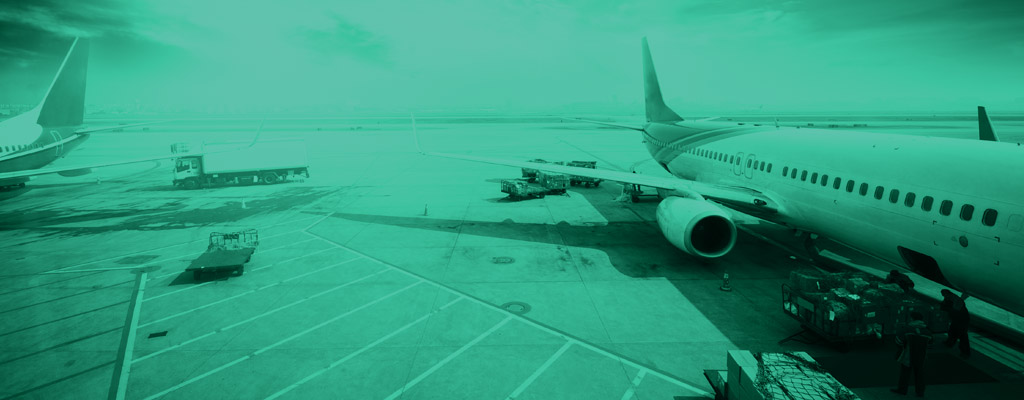EASA submit recommendations to update legislation

The Germanwings Flight 9525 incident on the 24th March 2015 was a harrowing day for the aviation industry. In response to the series of events that occurred on that day, The European Safety Agency (EASA) implemented a Task Force; whose aim was to review the incident and make a series of recommendations to changing the existing legislation relating to Aircrew Medical Fitness; EU NO 965/2012.
This process from starting point, through to consultations with different stake holders and organisations, has been (as expected) difficult and not without obstacles. Many issues have risen throughout such as legalities around the legislation. On the 8th December 2016 the Task Force presented their proposals to the Commission for review.
The efforts of the Task Force stemmed from the publication of the preliminary investigation report by the French Bureau d’Enquêtes et d’Analyses (BEA) on 6th May 2015. The Task Force examined the findings of the BEA report and also assessed the adequacy of the European air safety and security rules. As a result of this examination, 6 recommendations were addressed to the European Commission on 16th July 2015 relating to the aircrew rules (Regulation (EU) No 1178/2011), as well as the air operations (Air OPS) rules (Regulation (EU) No 965/2012).
Recommendations
The opinion paper concluded with the following summaries of the proposals:
- Ensuring that all pilots have access to a support programme
- Mandating airlines to perform a psychological assessment of pilots before the start of employment
- Introducing systematic Drug & Alcohol (D&A) testing of flight and cabin crew upon employment, after a serious incident, with due cause (i.e. following reasonable suspicion)
- Unannounced D&A testing after rehabilitation and return to work
- As an additional safety barrier for airlines which are not already subject to a national programme for psychoactive substance testing: mandatory random alcohol screening of flight and cabin crew within the EU Ramp Inspection Programme
Furthermore, the following preventive measures were also suggested:
- Carrying out a psychological assessment of the flight crew before commencing line flying
- Enabling, facilitating and ensuring access to a flight crew support programme
- Performing systematic D&A testing of flight and cabin crew upon employment
- Corrective and follow-up measures such as performing flight and cabin crew D&A testing:
- after a serious incident
- after an accident
- following a reasonable suspicion
- unannounced after rehabilitation and return to work
- A complementary measure: mandatory random alcohol screening of flight and cabin crew within the ramp inspection programme to ensure an additional safety barrier
Ramifications
The implementation of these proposals will have a number of ramifications for the aviation industry. The range of different testing methods will provide airlines with assurances that the policies they implement will be covered and the testing is comprehensive to ensure that all members of the aircrew meet the necessary requirement to operate aircraft.
The opinion paper goes into detail, documenting 123 comments received by advisory bodies discussing the proposals. Each recommendation is discussed in detail, with various bodies providing comments on opinions. These range from debates on the different types of testing suggested, to how this will have a potential practical and financial impact on airlines. For example, one of the proposals recommended alcohol testing during ramp inspections. Ramp inspections are carried out when an aircraft is on the tarmac, and may include checks on pilots’ licenses, procedures and manuals in the cockpit, compliance with these procedures by flight and cabin crew and cargo carried by the aircraft.
As the time between arrival and departure (the turn-around time) may not be sufficient to go through the full checklist, it is also the programme policy not to delay an aircraft except for safety reasons. The comments made in the opinion paper go further to suggest that alcohol testing during ramp inspections will negatively impact on flight safety, as false positive tests could potentially cause stress to the pilot and delay the flight while a second test is carried out. This claim was dismissed by the EASA due to lack of scientific evidence. The commentators also stated in the paper that the economic impact is higher than previously estimated. In addition, the economic impact of brand and reputational damage from a pilot being escorted from a flight after a false positive may be in the order of millions of euros.
Elaboration
Other commentators throughout the opinion paper mention various elements that will need further elaboration. Elements such as the quality of drug and alcohol testing, whereby the ramp inspector would need to be trained to a competent level to carry out such testing requirements, or else seek to implement a third party vendor. Furthermore, commentators also mention the impact that any proposals would have in relation to national law. Each country within the EU would have specific legislation in relation to drug and alcohol testing, therefore it may take longer for some countries to adopt these policies than others.
It is important to note that these proposals are only the latest step in the EASA rule making procedure. Once the proposals have been reviewed again the next step in the process is the adoption by commission.
About Randox Testing Services
At Randox Testing Services we recommend regular testing. Due to the nature of the industry there is a need for a proactive approach to workplace drug and alcohol testing. We offer flexible testing methods, quality point of care products and highly accredited laboratory testing services make us the perfect fit for working alongside aviation companies. Within aviation, testing providers must be flexible enough to provide with-cause, random and pre-employment testing all over the world. Our services are customisable, so we have the ability to tailor a service to meet our customer’s exact needs.
For more information on our market-leading testing service, or to avail of our free policy review service (only available to aviation companies) please contact testingservices@randox.com.